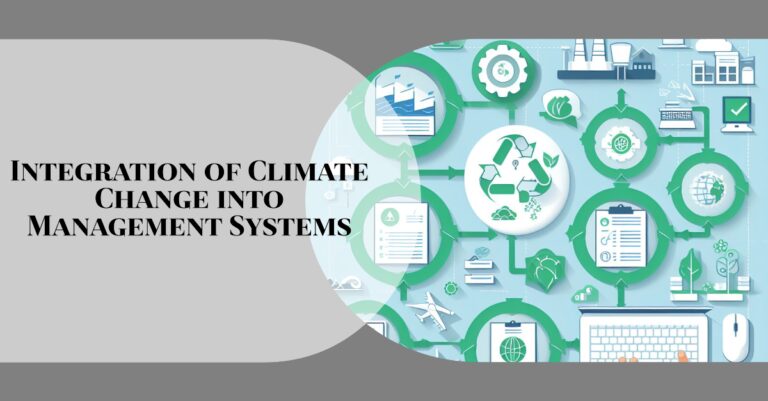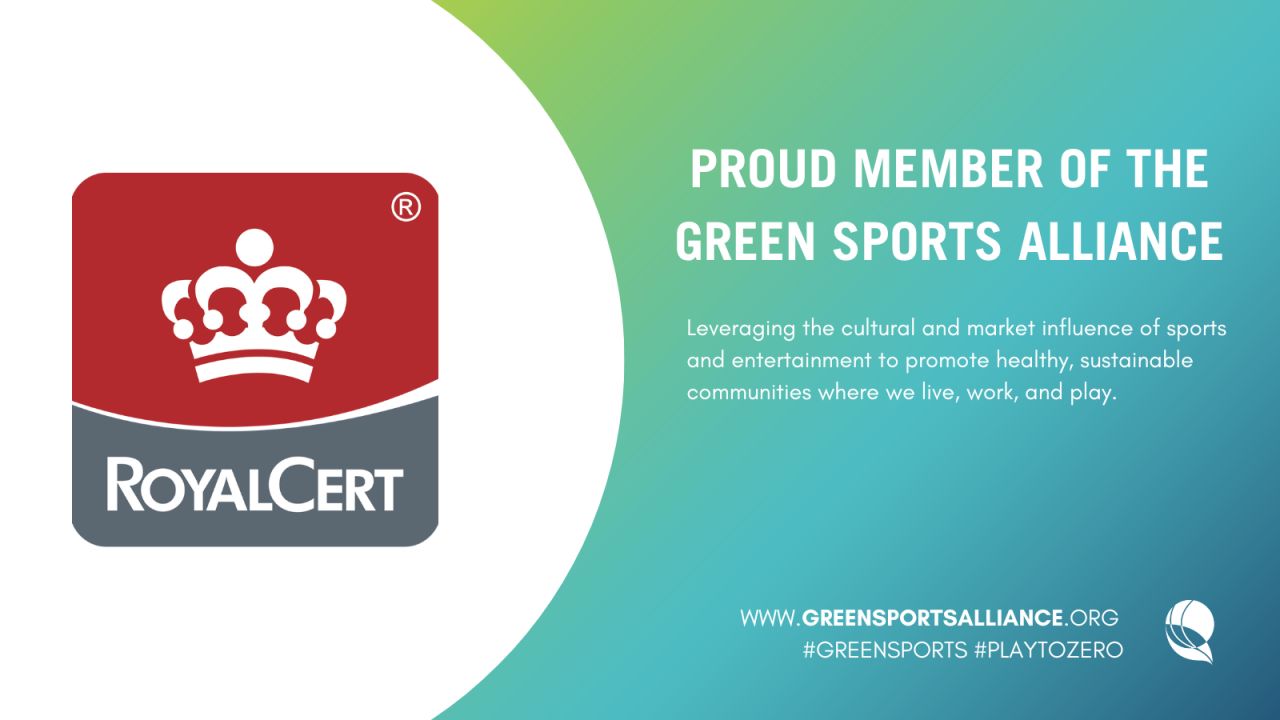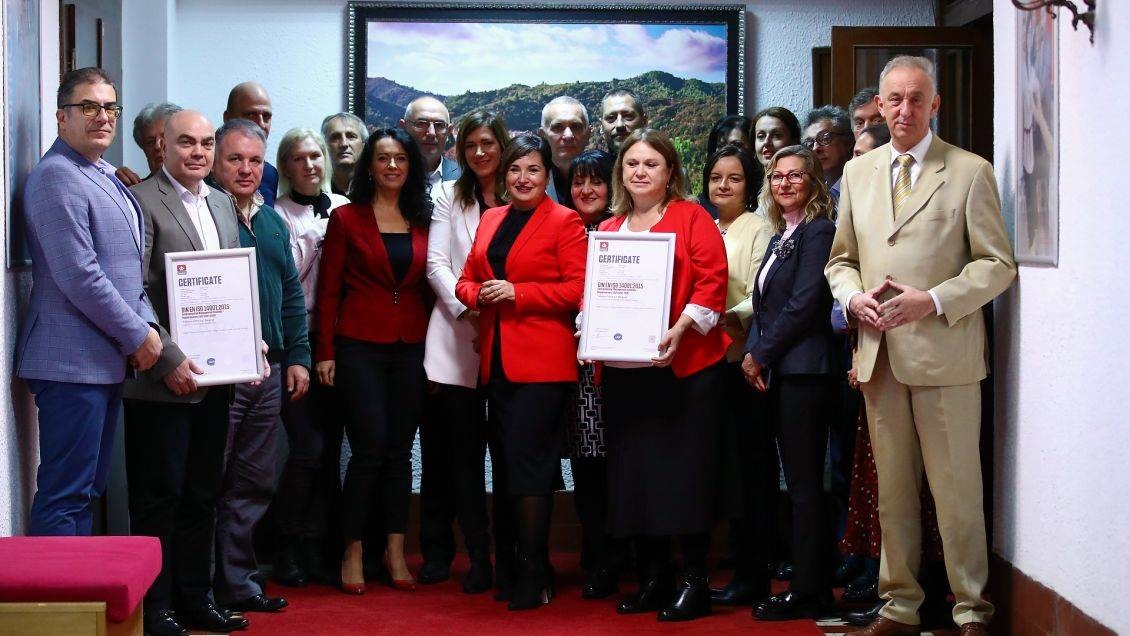
IAF and ISO have published a joint communique, highlighting the changes being made to a number of Management Systems Standards (MSS), in the form of additional text highlighting the importance of Climate Change as a consideration within the organisational context for the management system concerned.
What is the requirement?
The amendment is included in Chapter 4 of the Harmonized Structure (Appendix 2 of the Annex SL in the ISO/IEC Directives Part 1 Consolidated ISO Supplement):
- 4.1 Understanding the organization and its context where the following sentence is added: “The organization shall determine whether climate change is a relevant issue”.
- 4.2 Understanding the needs and expectations of interested parties where the following sentence is added: “NOTE: Relevant interested parties can have requirements related to climate change”.
In short, the new requirement stipulates that organizations shall determine whether climate change is a relevant issue and whether relevant interested parties have requirements related to climate change. If found to be a relevant issue, climate change needs to be considered in the development and implementation of the management system. If you already have a management system certified to an ISO standard, you are already conducting this type of contextual analysis. The only difference is that climate change must always be a topic that is considered in your analysis and if found relevant be part of your management system.
What evidence will be assessed during the audit and what does it mean for a customer or an auditor?
A risk-evaluated data/information or any input to the existing context and interested parties’ description relevant to climate change shall be introduced appropriately in the existing management system. Compliance and relevance to the audited standard will be a subject assessed by the auditor. Provided input from the client will be evaluated accordingly by the Audit Team.
Which standards?
The climate change amendment applies to all Type A ISO management system standards, i.e. those that specify requirements and to which companies can be certified. This includes the following standards: ISO 14001, ISO 22000, ISO 45001, ISO 50001, ISO 9001, and ISO/IEC 27001. (See full list of standards in joint Communiqué from IAF and ISO- https://iaf.nu/iaf_system/uploads/documents/Joint_ISO-IAF_Communique_re_Climate_Change_Amds_to_ISO_MSS_Feb_2024_Final.pdf)
The inherent relevance of climate change will largely differ for the various standards due to their different scopes and intended purpose. Relevance will also depend on factors such as the location and nature of the organization, e.g. business sector, type of processes, products, and services etc.
Expectations on Certification Bodies
Royalcert will need to continue to audit 4.1 and 4.2 clauses to ensure that all internal and external issues, which include Climate, Change have been determined by clients as relevant or not and if so, considered in the development and effectiveness of the management system(s). The inclusion of Climate Change in the new amendment only provides clarity to the existing requirement.
If it was considered not to be a relevant issue by the organisation for its management system, the Royalcert is expected to ensure the effectiveness of the organisation’s process to make this determination and implementing related actions, when applicable.
Timing
The changes to the standards were published on 22 February 2024. As noted above, issues related to Climate Change affecting the context of an organisations’ management system(s) are typically already being considered by organisations.
Therefore, following publication, Royalcert will include the new text in auditing of the organisation and its context. As with normal practice, where a certified organisation cannot demonstrate that all external and internal issues, including climate change, have been determined as relevant or not, a suitable finding should be raised.
Certificates
The IAF Decision states that an update to the certificate is not necessary on the grounds that:
- the publication year of each MSS will not change.
- there is no change in the scope of application for the certified MS.
- there is no significant impact on the effectiveness of the certified MS.
- the change does not affect the current required activities by the certified organisation apart from highlighting one aspect.






